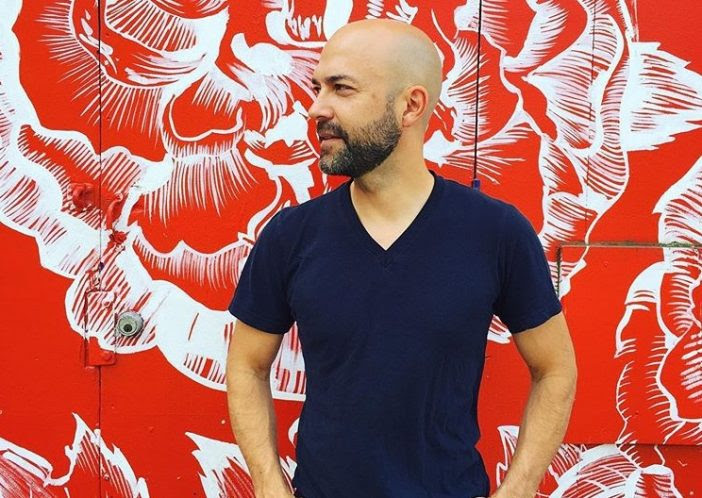In yoga, one of the methods is called 'contentment'. That’s not a goal, that’s a method.
I can be content this moment, and the next moment I’m moving toward something else. When I am here I am content, when I am here I am content, when I am here I am content. So even though you are going to change something the next minute, that doesn’t mean you change it out of discontent. It changes because it changes.
That is the basis that you do everything in yoga.
I can be content this moment, and the next moment I’m moving toward something else. When I am here I am content, when I am here I am content, when I am here I am content. So even though you are going to change something the next minute, that doesn’t mean you change it out of discontent. It changes because it changes.
That is the basis that you do everything in yoga.
- Ram Dass -








